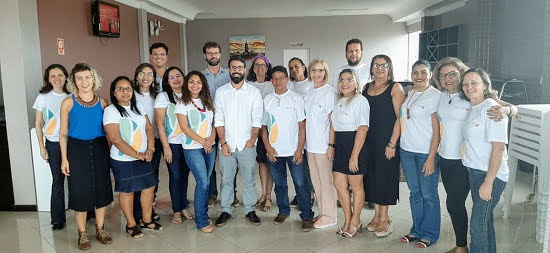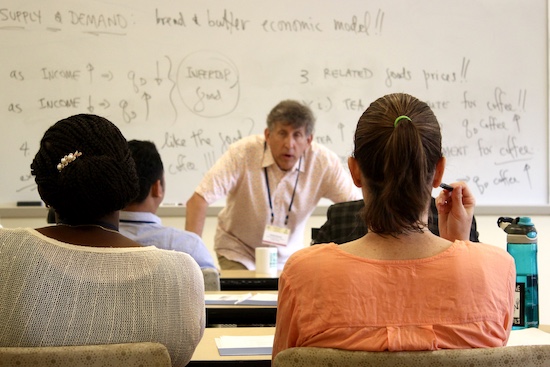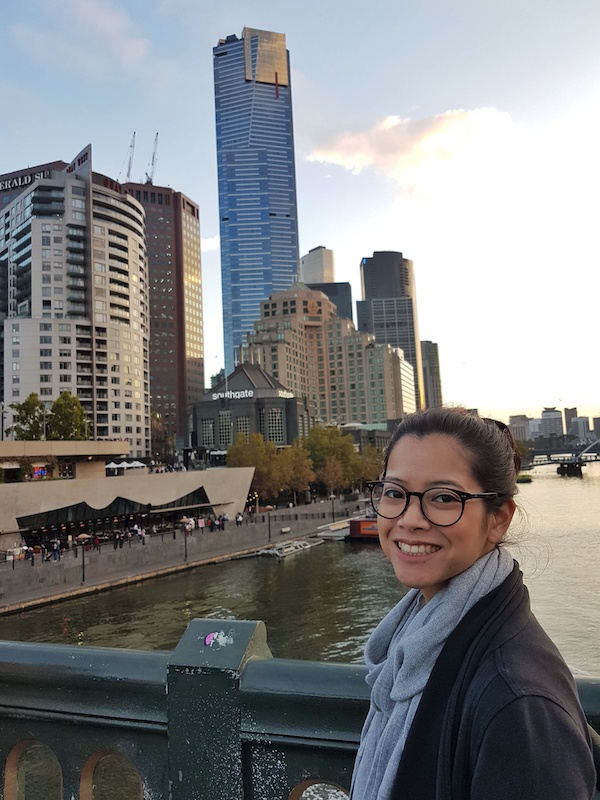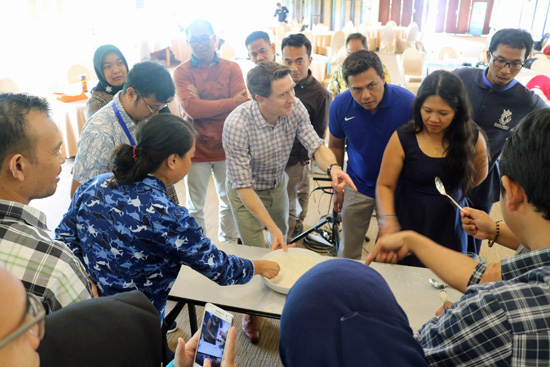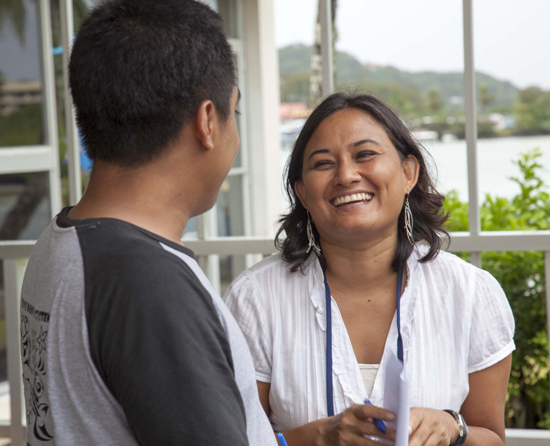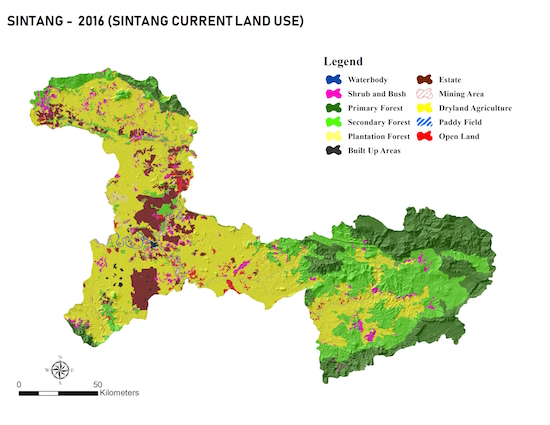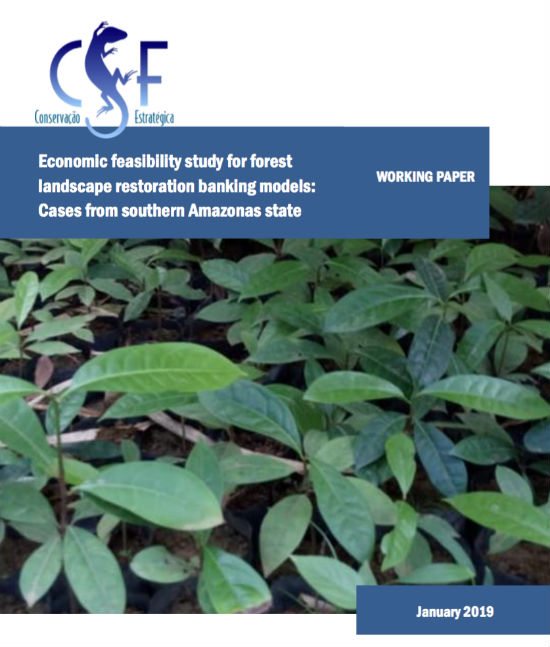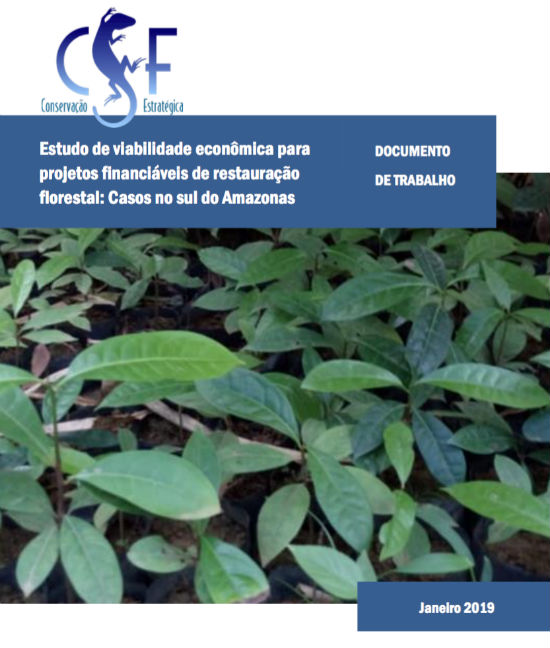News
Photo: Workshop participants.
Photo credit: Jaqueline Hombono, Secretariat for the Environment, Amapá State
CSF Analyst Sopian Hidayat working with a group during the Capacity Building workshop. Photo credit: Hasanul Adha Fauzi
CSF-Indonesia is conducting a Fisheries Management Area (FMA) analysis program in cooperation with the Faculty of Fisheries and Marine Science at Bogor Agricultural University (FPIK-IPB) and Raja Ali Haji Maritime University (FPIK-UMRAH). The FMAs were established in 2009, dividing Indonesia’s marine territory into eleven areas, with the dual mandate of effectively managing the fisheries and improving the livelihood of fishers.
Fifteen professionals from 12 different countries in Africa, Asia, and South, Central, and North America gathered in northern California for two weeks of new inspiration, strategies, networks, and tools to confront the most pressing environmental challenges of our time. Below are some participant reflections on the powerful experience and insights they received.
CSF Training Director Kim Bonine and course participants working together in Bali. Photo Credit: Imanda Pradana
Sangeeta participating in CSF's Economic Tools for Marine Conservation course in Palau in 2014. Photo Credit: Dr. Dean Miller
Sintang Regency is located in the “Heart of Borneo”, an area of intact forest the size of England and Scotland combined, and home to endangered species including Bornean orangutans, sun bears (Helarctos malayanus), tarsius (Tarsius bancanus), various hornbills and eagles, and other vulnerable species. The more than one million indigenous people living in the forest rely on it for their livelihoods, and millions more depend on the environmental services it provides, like fresh water.
CSF-Brazil conducted a feasibility study of the most promising restoration business models for private investment in southern Amazon (AM) state, Brazil.
We conducted an economic assessment of three restoration models based on agroforestry found in the field: (1) Guaraná; (2) Coffee, cocoa and guaraná; (3) Coffee, cocoa, guaraná, açaí and banana. Feasibility results show that private investors can be attracted by these compelling business cases.
CSF-Brazil conducted a feasibility study of the most promising restoration business models for private investment in southern Amazon (AM) state, Brazil.
We conducted an economic assessment of three restoration models based on agroforestry found in the field: (1) Guaraná; (2) Coffee, cocoa and guaraná; (3) Coffee, cocoa, guaraná, açaí and banana. Feasibility results show that private investors can be attracted by these compelling business cases.

